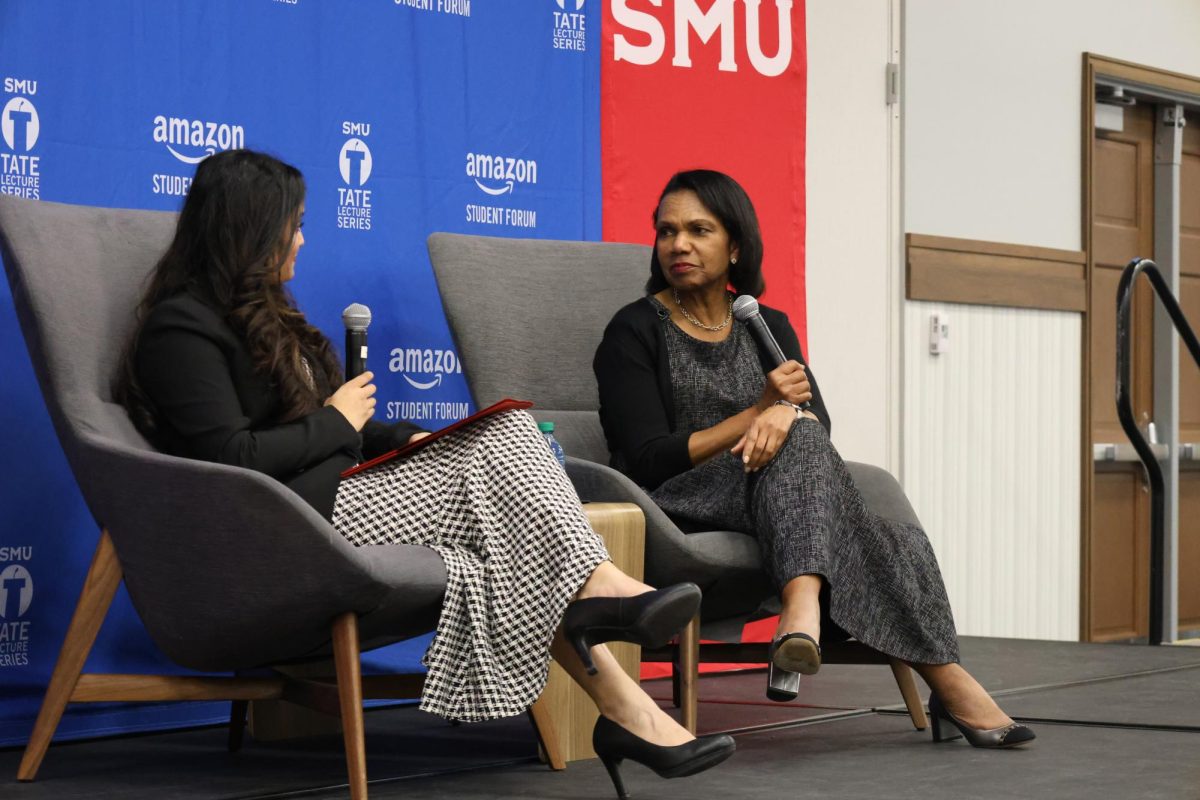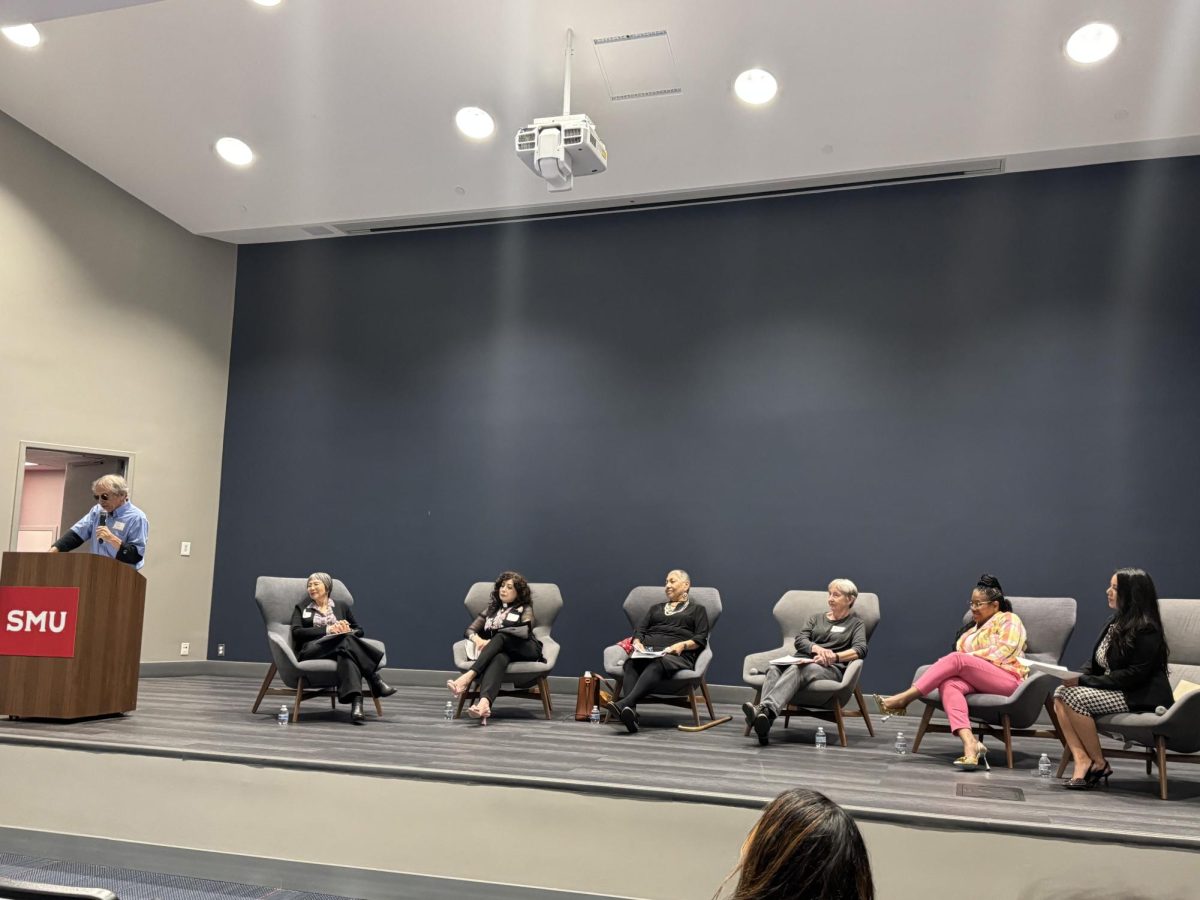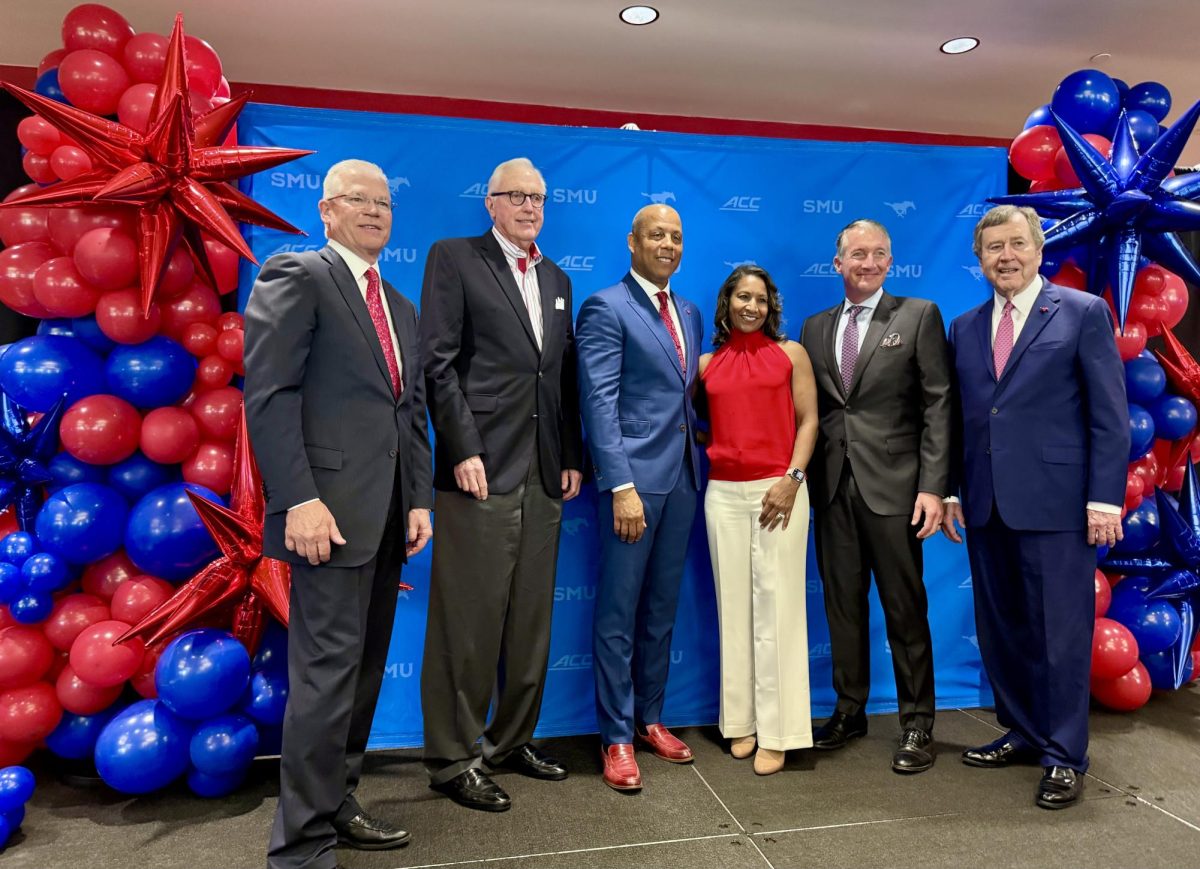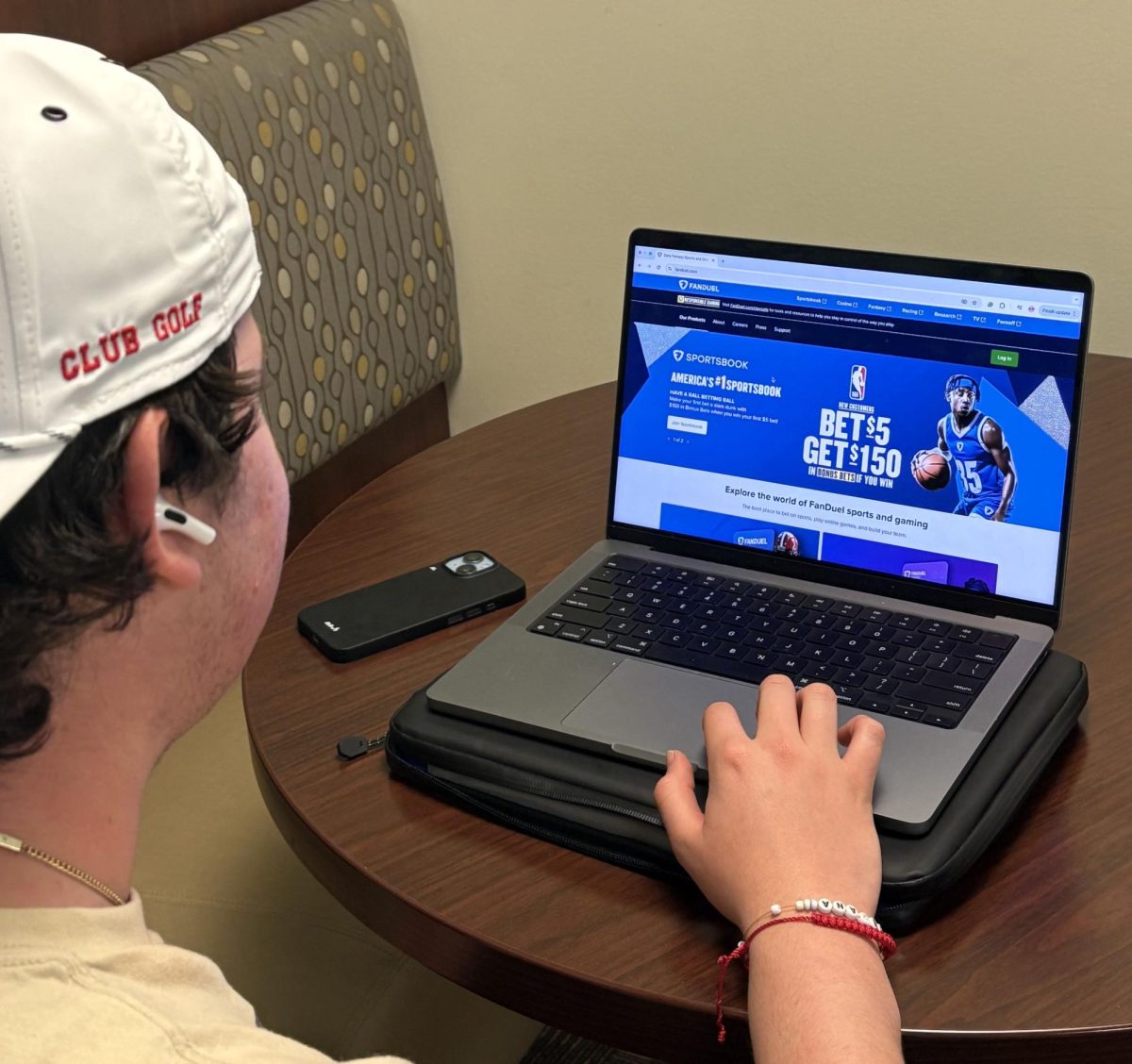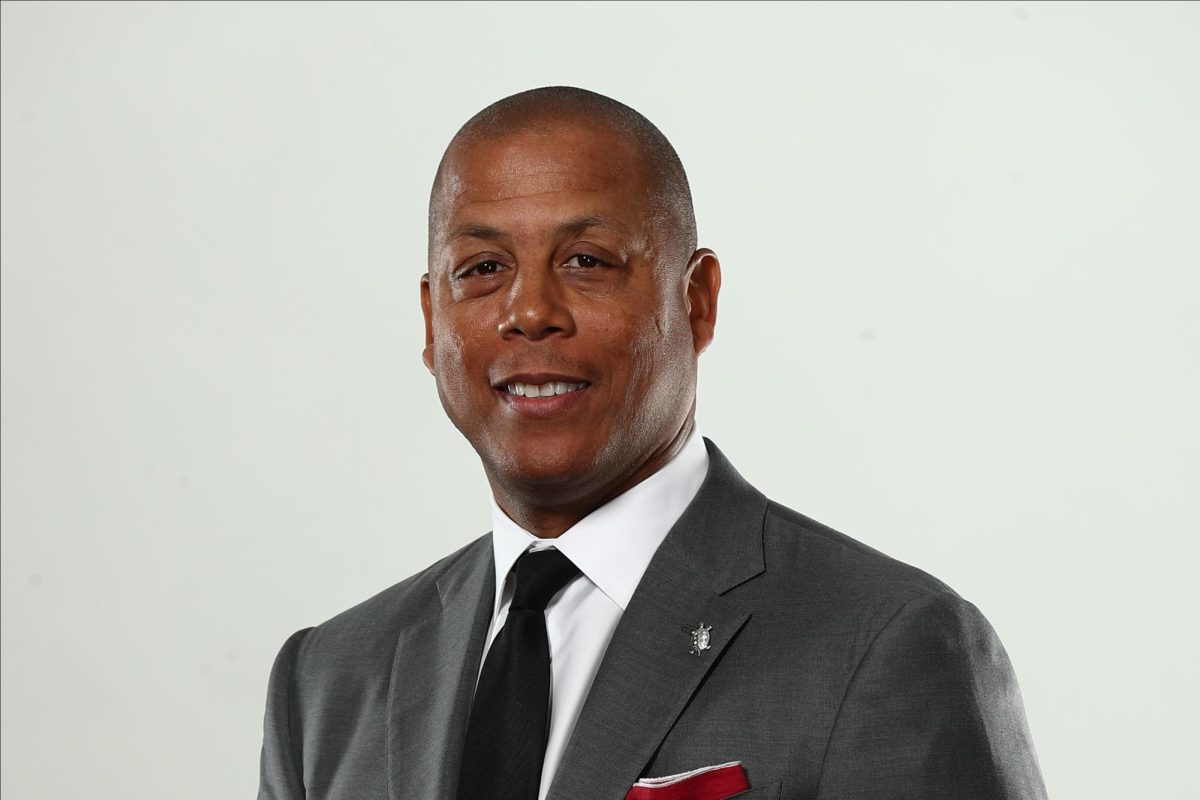Stake signs strewn throughout campus, eye-catching fliers andinformation tables in and outside of the Hughes-Trigg StudentCenter, not to mention the array of T-shirts parading aroundcampus, are all well-used promotion measures for one youth ministryor another. It seems, however, that Wednesday night fellowshipcomes down to two choices: Wesley Foundation and Campus Crusade forChrist, also known as CRU.
Both groups have always actively sought new members, but in thefall semester of 2001, Wesley moved its weekly meeting to Wednesdayevening, coinciding with CRU’s meeting. Many studentsattending both at that time were forced into choosing between thetwo. Unbeknownst to many, this was a calculated move.
CRU director Robbie Rice said this was to encourage members to”really plug in and go deep, from an accountabilitystandpoint” and to really get to know and get involved in oneministry.
Both CRU and Wesley are very similar in what they offer. Themain portion of both group meetings is the praise and worship,followed by a “talk,” or a toned-down sermon. Both havebands that feature contemporary music or updated traditional songs.Varying from week to week are meet-and-greet sessions at thebeginning of the evening, skits or games to reiterate themes andfellowship time, or socializing before the meeting’sclose.
CRU usually meets in McCord Auditorium in Dallas Hall Wednesdaysat 8 p.m., but has recently been holding meetings in theHughes-Trigg theatre. Wesley, also at 8 p.m., meets in PerkinsChapel.
Many students have tried both groups to find where they fit inbest. The social aspect is very important; friends opt to stickwith friends.
Senior Beth Marberry, CRU registration coordinator for thisyear’s fall retreat, enjoys the “friendly,upbeat” ambiance at CRU. “It’s all about whereyou feel comfortable and fit in with other personalities,”she said.
Influences of hometown ministries are also key factors for thoseaway from home.
Senior Anne Stamper was one of the many students forced tochoose when the Wednesday night scheduling conflict arose. She feltmore of a connection with CRU.
“It was the praise and worship, and talks [that] remindedme of home,” Stamper said.
In speaking with the ministry directors, the goals of eachorganization are made clear. The non-denominational CRU, with about175 members, sees itself acting on a global scale to”proclaim His truth.”
CRU is “training oriented,” Rice said. The ministrystrives to “equip believers for a lifetime” throughtheir weekly meetings and a network of Bible studies.
Affiliated and funded by the Methodist church, Wesley, witharound 150 attending chapel weekly, is more reform-minded, teachingalong the lines of John Wesley’s beliefs. Staff member BarryCollins explained that the ministry places great importance ondeveloping a personal relationship with God through a lot of workin small groups.
“Director Creighton Alexander’s sermons,”Collins said, “focus on Jesus as a center point and areScripture based, teaching how to lead a Christian life. Studentsreally appreciate that aspect.”
On occasion, the organizations work or play together. OnSaturday, CRU and Wesley tailgated at the same tent before thefootball game. There is also talk of a possible joint spring breaktrip in March.
“We don’t compete,” Rice said. “We needWesley on this campus and they need us to reach everyone.We’re rooting for each other.”
The differences between Wesley and CRU are very much based onsimple personal preference.



